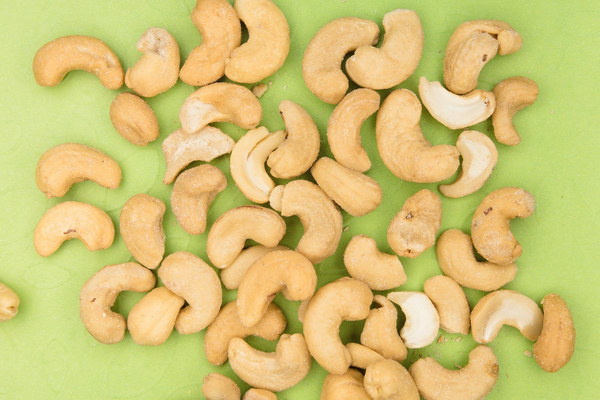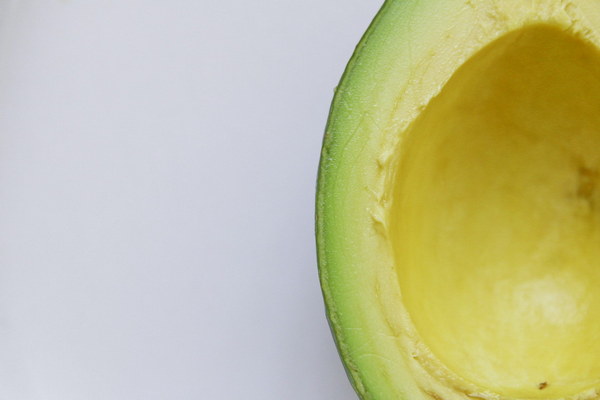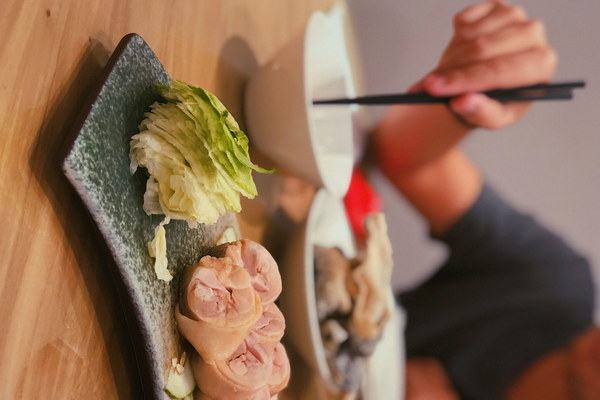Harmonizing Liver and Spleen The Wonders of Traditional Chinese Herbs for Stress Relief and Digestive Health
In the intricate tapestry of traditional Chinese medicine (TCM), there exists a profound understanding of the interconnectedness of the body's internal organs. Among these, the liver and spleen hold a special place. The liver, responsible for regulating emotions and blood, and the spleen, tasked with transforming and transporting nutrients, often become imbalanced due to stress and poor dietary habits. To address this, TCM utilizes a blend of herbs that can effectively nourish and harmonize these organs. This article delves into the world of these herbs, exploring their properties and how they can contribute to stress relief and improved digestive health.
The liver, in TCM, is known as the storehouse of blood and plays a crucial role in maintaining emotional balance. When the liver is stagnant or stressed, it can manifest in various ways, such as irritability, mood swings, and even physical pain. To alleviate these symptoms, TCM practitioners often recommend a combination of herbs that can help to move the liver Qi and restore its proper function.

One such herb is Dan Shen (Salvia miltiorrhiza), which is renowned for its ability to promote blood circulation and alleviate stagnation. It is often used to treat conditions such as angina, chest pain, and menstrual irregularities, all of which can be linked to liver Qi stagnation. Another is Chuan Xiong (Ligusticum chuanxiong), a herb that is believed to unblock the channels and meridians, thereby helping to relieve pain and improve emotional well-being.
The spleen, on the other hand, is responsible for the transformation and transportation of nutrients, ensuring that the body receives the nourishment it needs to function optimally. When the spleen is weakened, it can lead to various digestive issues, including bloating, diarrhea, and fatigue. Herbs that can support the spleen's function are essential in TCM, and several stand out for their efficacy.
One of these is Huang Qi (Astragalus membranaceus), which is considered a Qi tonic and can help to strengthen the immune system and improve overall vitality. It is often used in combination with other herbs to support the spleen and liver, creating a synergistic effect that can enhance digestion and improve energy levels.
Another herb commonly used in TCM to nourish the spleen is Bai Zi Ren (Biota seed), which is known for its ability to soothe the stomach and improve appetite. It is often included in formulas designed to treat chronic diarrhea, dysentery, and other gastrointestinal issues.
When it comes to combining these herbs to create a formula that supports both the liver and spleen, TCM practitioners often turn to traditional blends that have been used for centuries. One such formula is Si Miao Wan, which includes herbs such as Dan Shen, Chuan Xiong, and Huang Qi, among others. This formula is believed to help move liver Qi, nourish the spleen, and improve digestive health, making it an excellent choice for those struggling with stress-related symptoms and digestive issues.
While the use of these herbs can be highly effective, it is important to remember that TCM is a holistic approach to health, and the selection of herbs should be tailored to the individual's specific needs and constitution. It is always advisable to consult with a qualified TCM practitioner before beginning any herbal regimen, as they can provide personalized guidance and ensure that the chosen herbs are safe and appropriate for the individual's condition.
In conclusion, the world of TCM offers a wealth of herbs that can help to restore balance to the liver and spleen, promoting stress relief and improved digestive health. By understanding the properties of these herbs and their potential benefits, individuals can take a more proactive approach to their well-being, embracing the wisdom of traditional medicine and its ability to heal the mind, body, and spirit.









